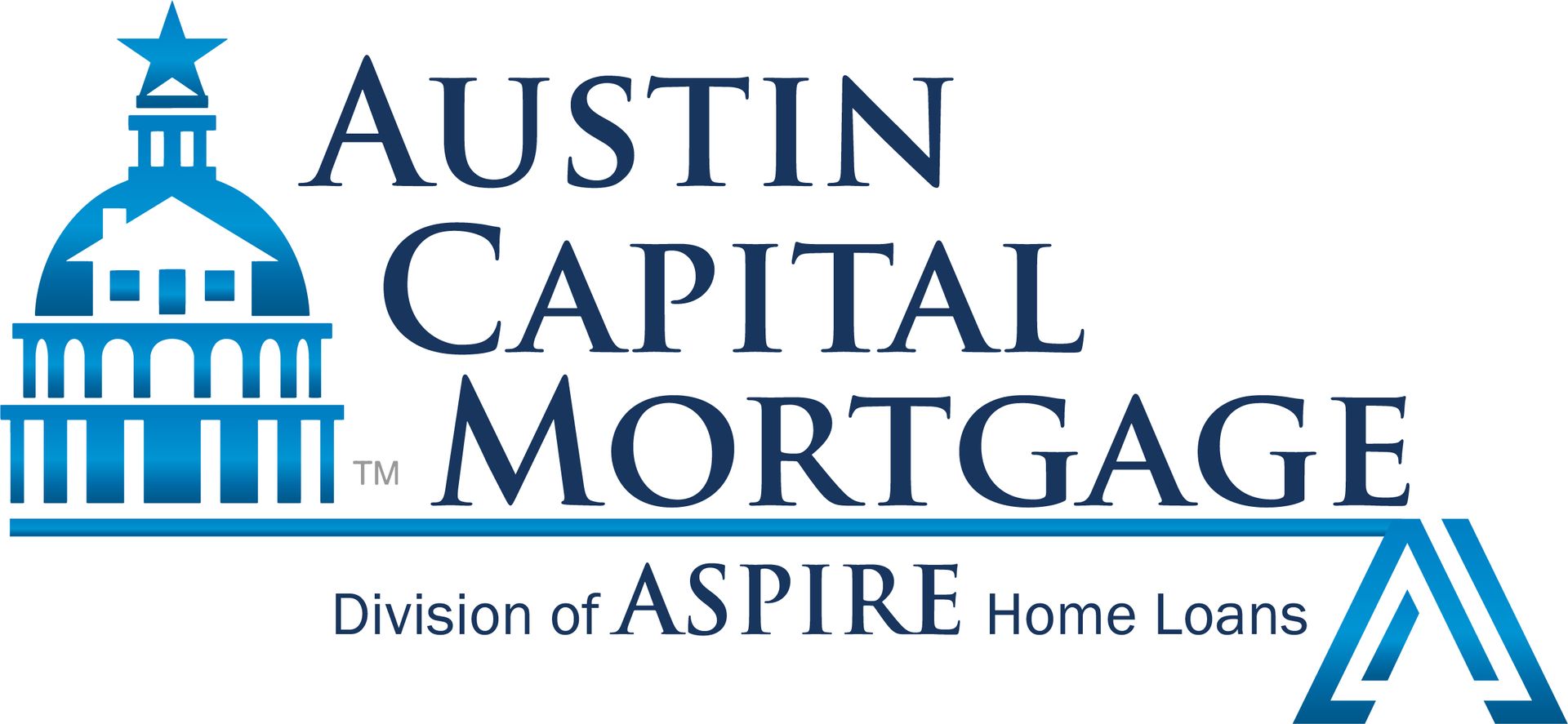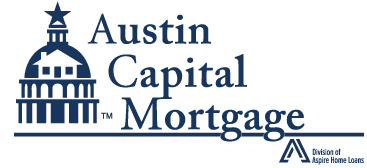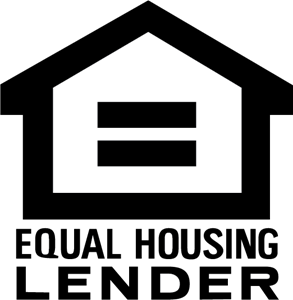WE’RE HERE TO HELP YOU
Get Debt Consolidation
A debt consolidation mortgage is a type of mortgage loan that is used to consolidate multiple debts into a single monthly payment. This type of loan allows borrowers to pay off high-interest debt, such as credit cards or personal loans, by using the equity in their home.
What is Debt Consolidation Mortgage?
A debt consolidation mortgage is a type of mortgage loan that is used to consolidate multiple debts into a single monthly payment. This type of loan allows borrowers to pay off high-interest debt, such as credit cards or personal loans, by using the equity in their home.
With a debt consolidation mortgage, the borrower applies for a new mortgage loan that is large enough to pay off their existing debts. The borrower then makes a single monthly payment on the new mortgage, which is used to pay off the old debts.
One potential benefit of a debt consolidation mortgage is that it can help borrowers save money on interest payments. By using the equity in their home to pay off high-interest debt, borrowers may be able to secure a lower interest rate on the consolidated debt. Additionally, a single monthly payment can make it easier for borrowers to manage their debt and avoid missed payments.
However, there are also potential drawbacks to a debt consolidation mortgage. By using the equity in their home to pay off debt, borrowers are increasing their overall debt load and may be putting their home at risk if they are unable to make the mortgage payments. Additionally, a debt consolidation mortgage can take longer to pay off than the original debts, which means that borrowers may end up paying more in interest over time.
Before applying for a debt consolidation mortgage, it's important to carefully consider the potential benefits and drawbacks of this type of loan. Borrowers should also be prepared to meet the credit and income requirements set by the lender, and should carefully read and understand the terms of the loan before signing on the dotted line.
Put your mortgage to
work
for you
Cash out
Leverage your investment and take advantage of the equity your home has built for years.
Great For
Renovating your home
Paying down high-interest debt
Lower payments
Increase your financial security by refinancing to lower your monthly mortgage payment.
Great For
Increasing cash flow
Saving for retirement
Reduce loan term
Why wait when you can refinance into a shorter term and pay your mortgage off.
Great For
Reducing interest
Paying off mortgages faster
FAQs
Got a question? We’re here to help.



